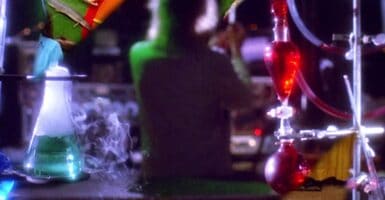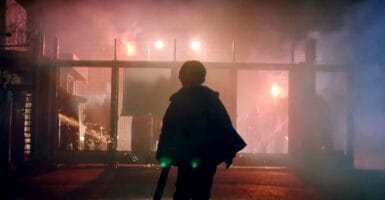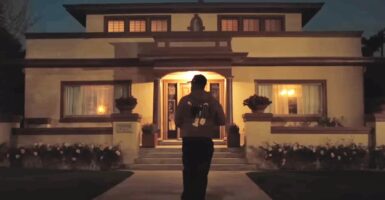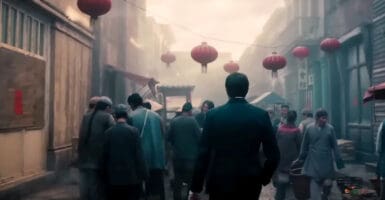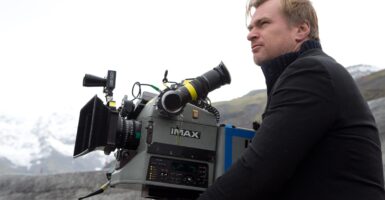Help Seattle Honor Octavia Butler By Naming A Park After Her
This article is more than 2 years old
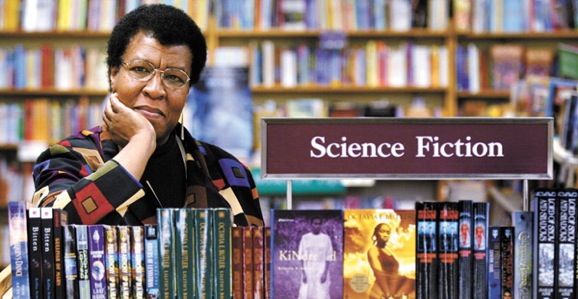 The weather in the Pacific Northwest is generally a rather gloomy affair. It rains most of the year, and grey skies are the norm for three out of four seasons, sometimes more. We’re a generally pasty, vitamin D deprived sort of people. Is it any wonder we spend a great deal of time indoors, imagining fantastic worlds to take our minds off of our dreary surroundings? We do have a science fiction museum, after all.
The weather in the Pacific Northwest is generally a rather gloomy affair. It rains most of the year, and grey skies are the norm for three out of four seasons, sometimes more. We’re a generally pasty, vitamin D deprived sort of people. Is it any wonder we spend a great deal of time indoors, imagining fantastic worlds to take our minds off of our dreary surroundings? We do have a science fiction museum, after all.
The region has produced, and been home to, a number of notable science fiction writers over the years. Ursula K. Le Guin (The Left Hand of Darkness) has lived in Portland for much of her career, and Tacoma is the birthplace of Frank Herbert (Dune)—his son Brian still lives in the region. Now you can help the City of Seattle name a park for another one of our sci-fi luminaries, Octavia Butler. She lived here for years, from 1999 until her death in 2006, so we claim her as one of our own.
We recently wrote about the push in Tacoma, Seattle’s little sister to the south, to name a park after Herbert. Not to be outdone, Seattle genre enthusiasts have started their own movement to christen a new public space for Butler. Political, insightful, inventive, and just plain awesome, she’s should be considered a national freaking treasure.
Located at 19th Avenue East and East Madison Street, the park is a small triangular plot of land on the border between Seattle’s Capital Hill neighborhood and the Central District. If we’re lucky, before long all Northwest public spaces will bear the names of notable icons of science fiction. Anyone up for Philip K. Dick Playfield? I’d consider having kids just so I could take them there.
Born in Pasadena, California, and best known for her Patternist series of novels, as well as standalones like Kindred, Butler collected an impressive collection of awards over the course of her long career. Her first short story appeared in 1971, in an anthology of work from the Clarion Writer’s Conference, and continued publishing into the 2000s. Among her notable mantel decorations, she counts numerous Hugo and Nebula Awards, as well as one of the MacArthur Foundation’s “Genius” Grants.
A gay, African-American, female, you can imagine Butler was something of an anomaly in her chosen literary genre, and filled her pages. Themes of social criticism infuse her work, and her novels often confront topics like race, sexuality, gender, religion and class, both as metaphor and as overt pieces of the puzzle.
Voting for the name of the park continues through July 14, with a decision scheduled to come down shortly after.
Here is an in depth interview Butler did with Charlie Rose in 2000, shortly after being awarded the “Genius” grant.
